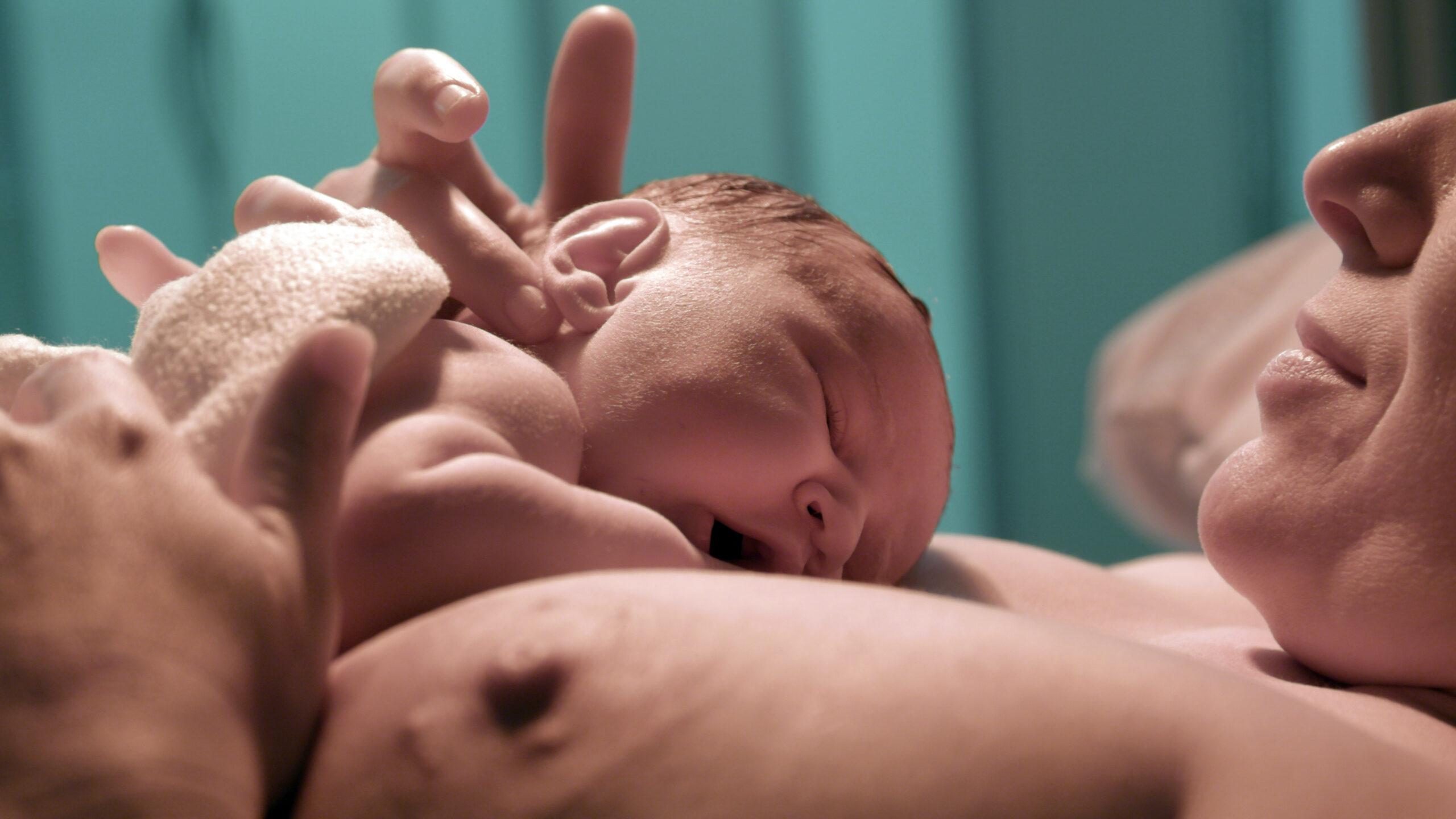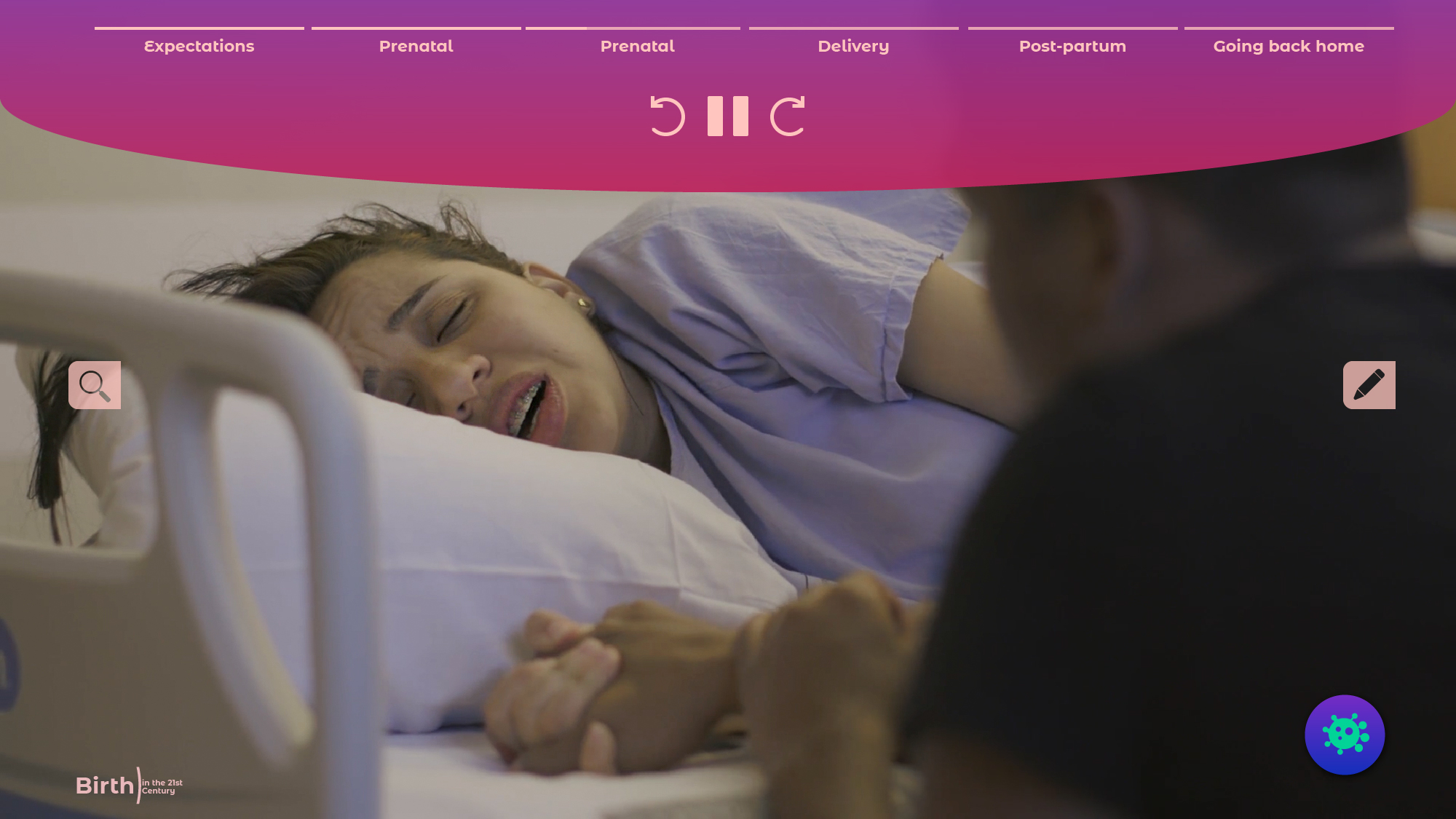birth in the 21st century

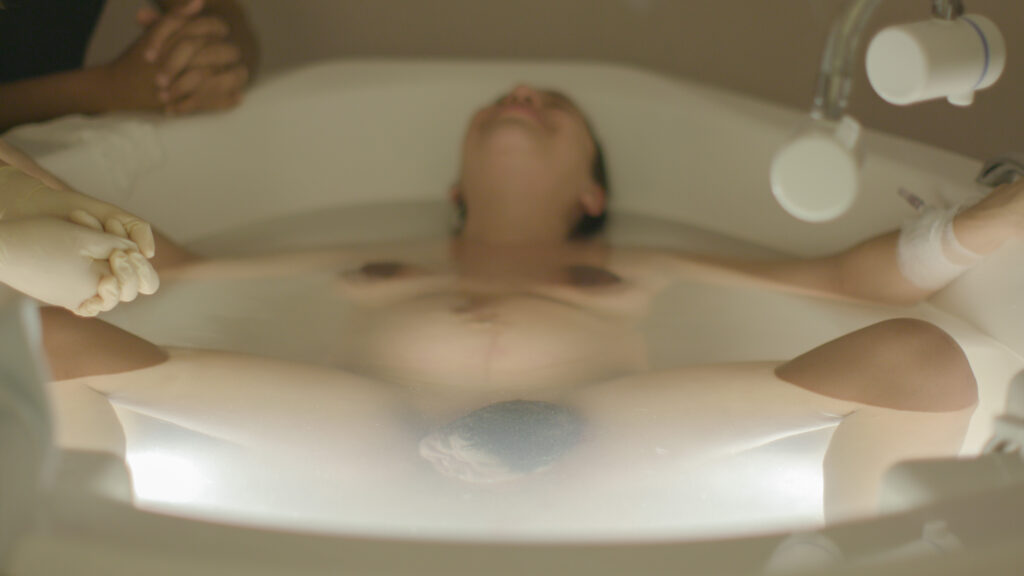
a documentary feature
following change on childbirth care
a documentary feature
following change on childbirth care
synopsis
In the 21st century, women's rights during childbirth are being violated in delivery rooms around the world. The UN has held Spain responsible for obstetric violence three times. Now, a growing network of women is behind a long-demanded fight against these abuses.
Sole is the head midwife of a hospital specializing in humanized childbirth care. Her team accompanies and supports women with a deep respect for their bodies, their babies and rights – a process that is shown in this film in all of its humane, powerful and primitive form.
Francisca is a lawyer dedicated to defending victims of ill-treatment during childbirth in court, and her work led to a United Nations conviction against Spain in a case of obstetric violence. This resolution has triggered a reaction and the government has started the process to include the tools to prevent this violence in a new law – in the midst of great controversy.
Sole and Francisca embody the struggles for autonomy and safety of women during childbirth, and their paths cross in a story of sorority and shared fights for justice.
A renewed IMAGE OF childbirth, a process that empowers women when they are cared for with respect
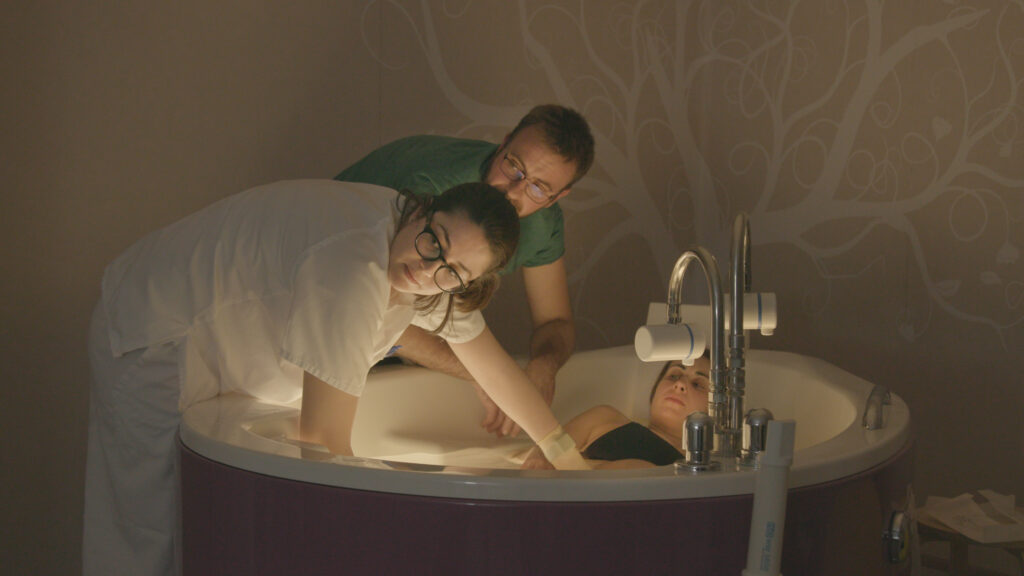
main characters
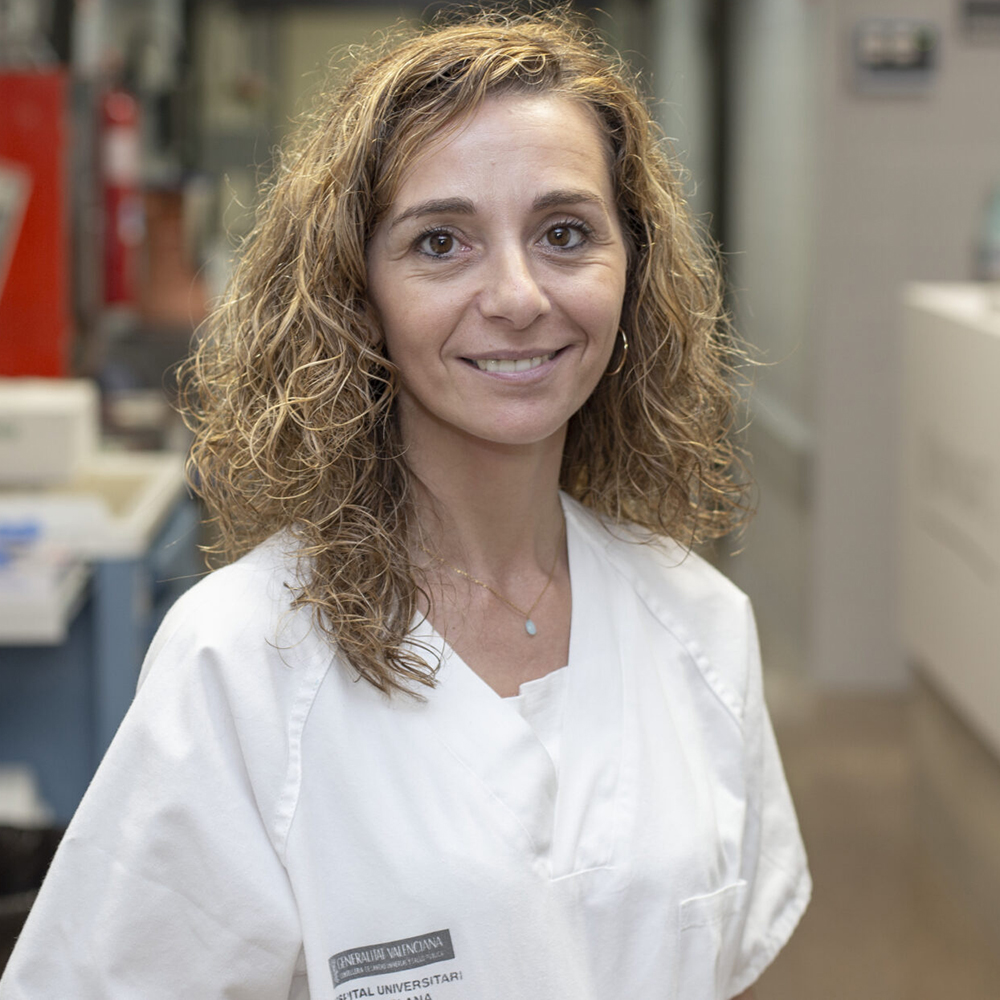
Sole
Head midwife
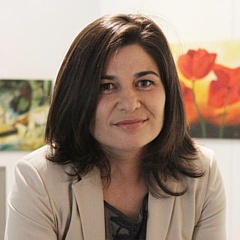
Francisca
Lawyer
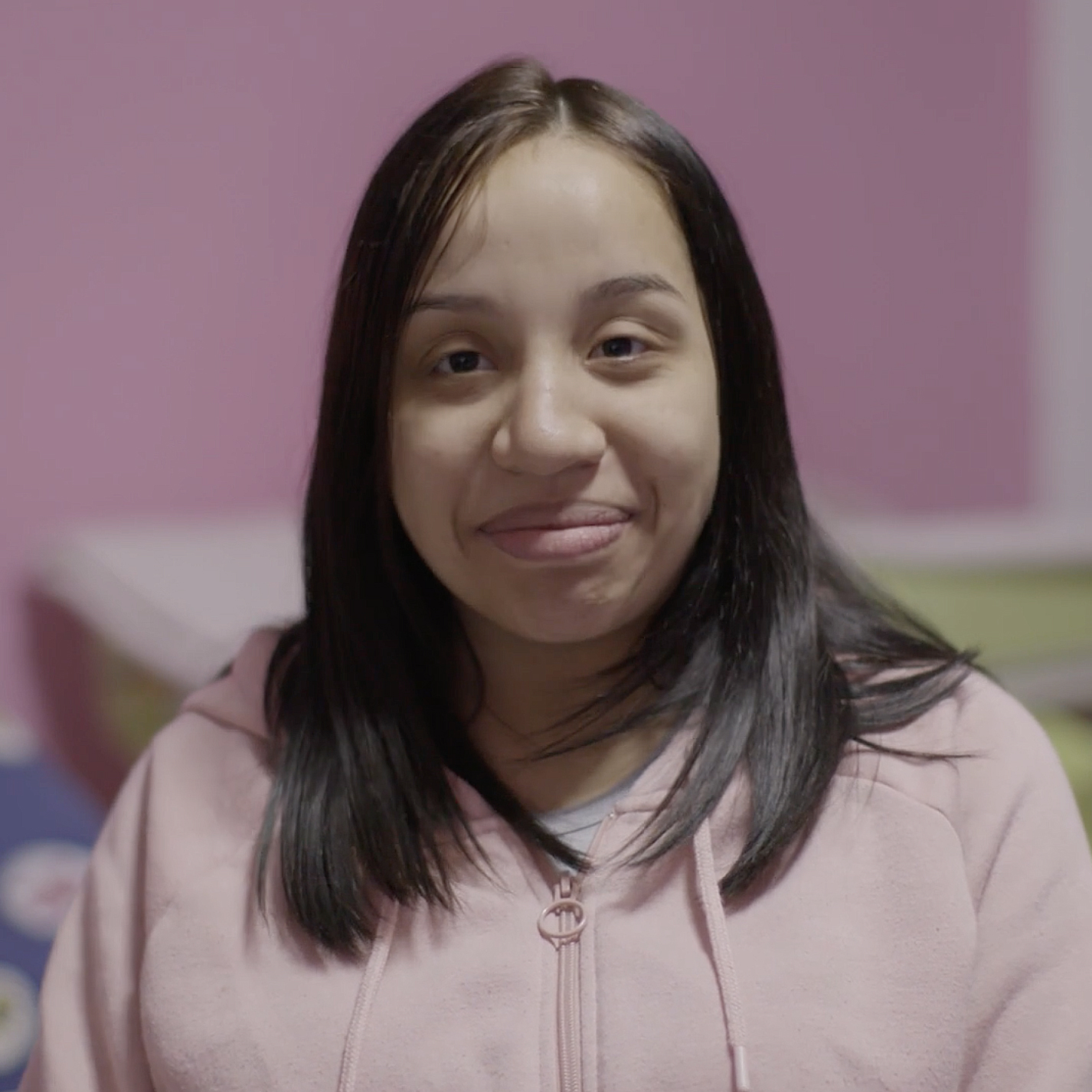
Graciela
Mother
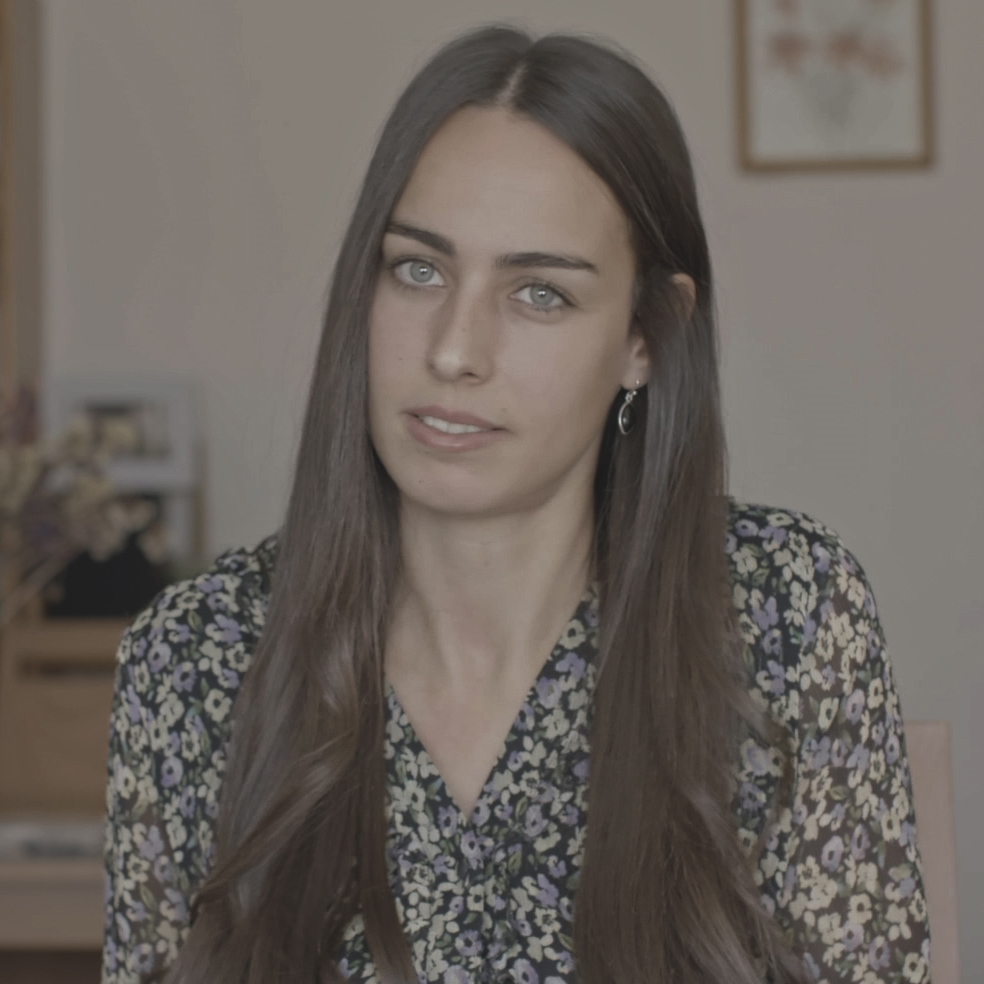
Cati
Midwife
In childbirth care, the health of women and their children is at stake
Scientific evidence shows that excessive medicalization, routine interventions and the violation of the autonomy of women in labor have serious consequences. Many women face this form of violence and its sequels: from verbal abuse to avoidable tears of the perineum, dehumanising behaviour by healthcare providers, failed lactations, cesarean sections scheduled to balance the delivery staff's calendars… In 2019, the stories received by the UN Special Rapporteur on violence against women revealed that «mistreatment and violence against women in reproductive health-care services and childbirth in health facilities happen all around the world and affect women across all socioeconomic levels». For the fist time in the General Assembly, the term obstetric violence was named.
International organisms like WHO and UN advocate for a progress towards respectful assistance, which also represents an advance in the struggle of feminism: women reclaiming the leading role and decision-making in a process that should be theirs.
Our documentary poses a contrast: on the one hand, the public will see the respectful practices carried out by the professionals at the La Plana hospital, a benchmark in respectful care; on the other, women who have suffered this form of violence share their testimony in the first person – as well as health providers who have witnessed it or even practiced it.
Obstetric violence occurs in an organisational system and therefore could be eradicated if a guide of woman-centered care practices were used. The focus has to be changed by moving away from the current medical model: mothers need respectful, supportive maternity care. It is here where our protagonists take an essencial role: Sole, the hospital’s head midwife has struggled for years to improve their model and expand it to all the system. So has Francisca, a lawyer who brought a series of cases to international justice to create jurisprudence.
Amidst the production of the documentary, their endeavours have started to pay off: the authorities have set in motion a law to promote good praxis and the creation of a pioneer birth center in the public health system.
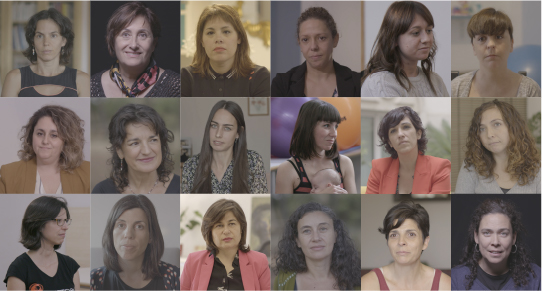
A CHORAL ACCOUNT ABOUT OBSTETRIC VIOLENCE AND ITS CONSEQUENCES TOLD BY VICTIMS AND HEALTHCARE WORKERS
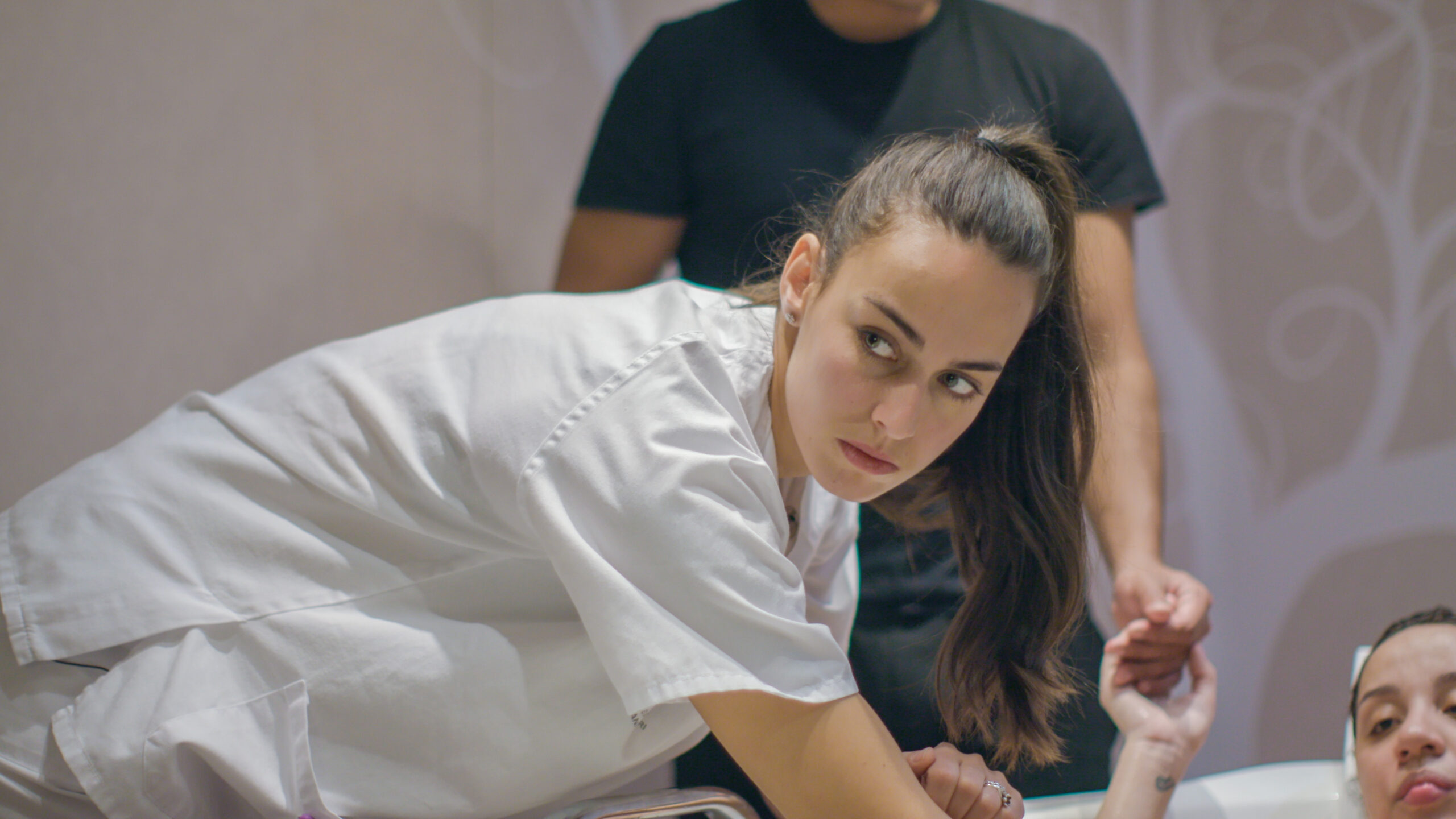
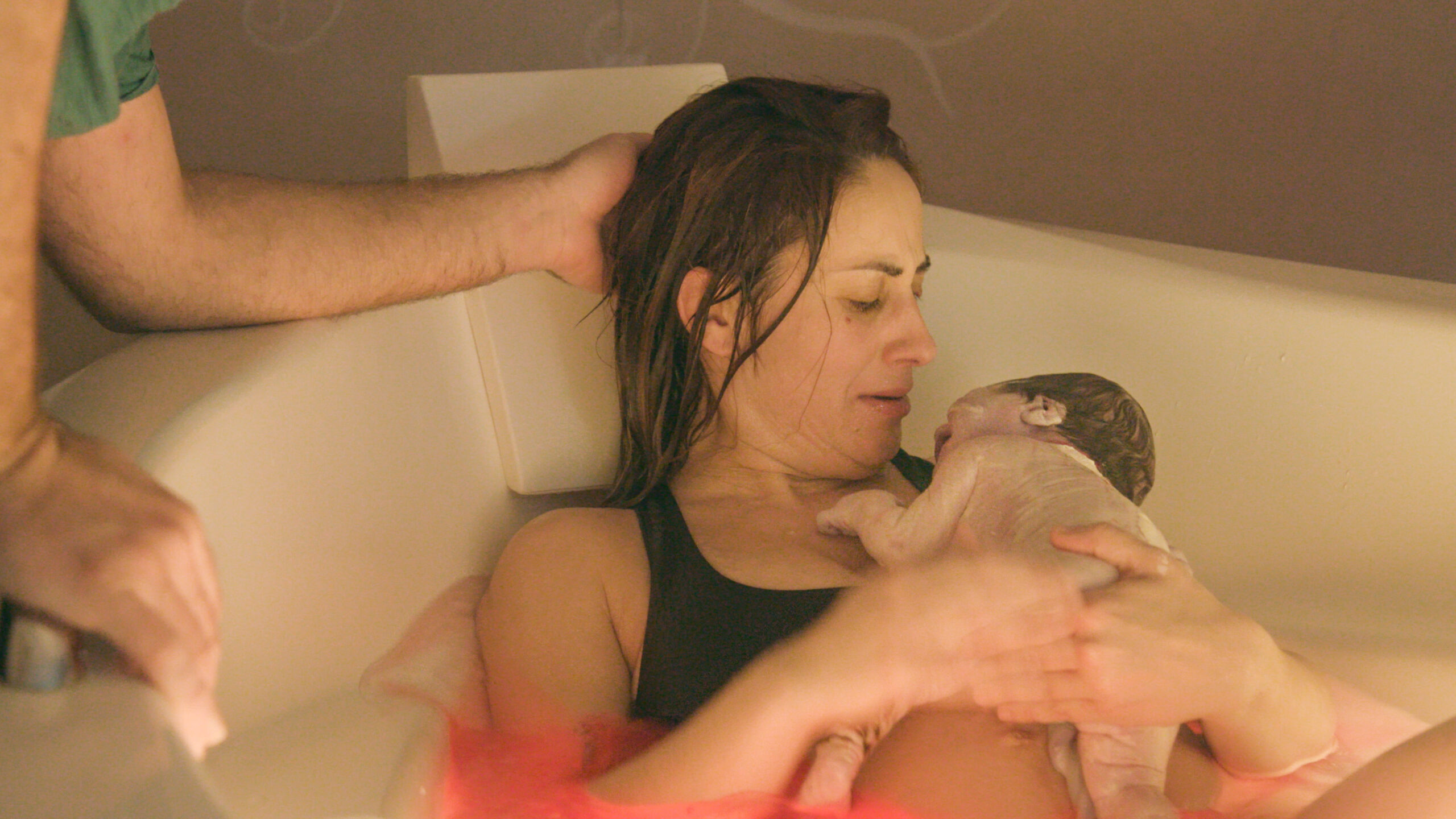
visual approach
We believe that it is essential to provide a realistic image of humanized childbirth, and show it as an intimate and powerful act, where the woman is the center of the action. Women should have the right to see that it is possible to receive a respectful and empathic care, where they are the protagonists. This applies to all typologies of childbirth, whether it is natural and uncomplicated, as if it requires interventions or a cesarean section. This is why we portray a diversity of women and cases.
This film aims to constitute a tool for the empowerment of women regarding their rights – while contributing to the struggle of many midwives who are trying to change the model in their delivery rooms, towards a more humanized assistance.
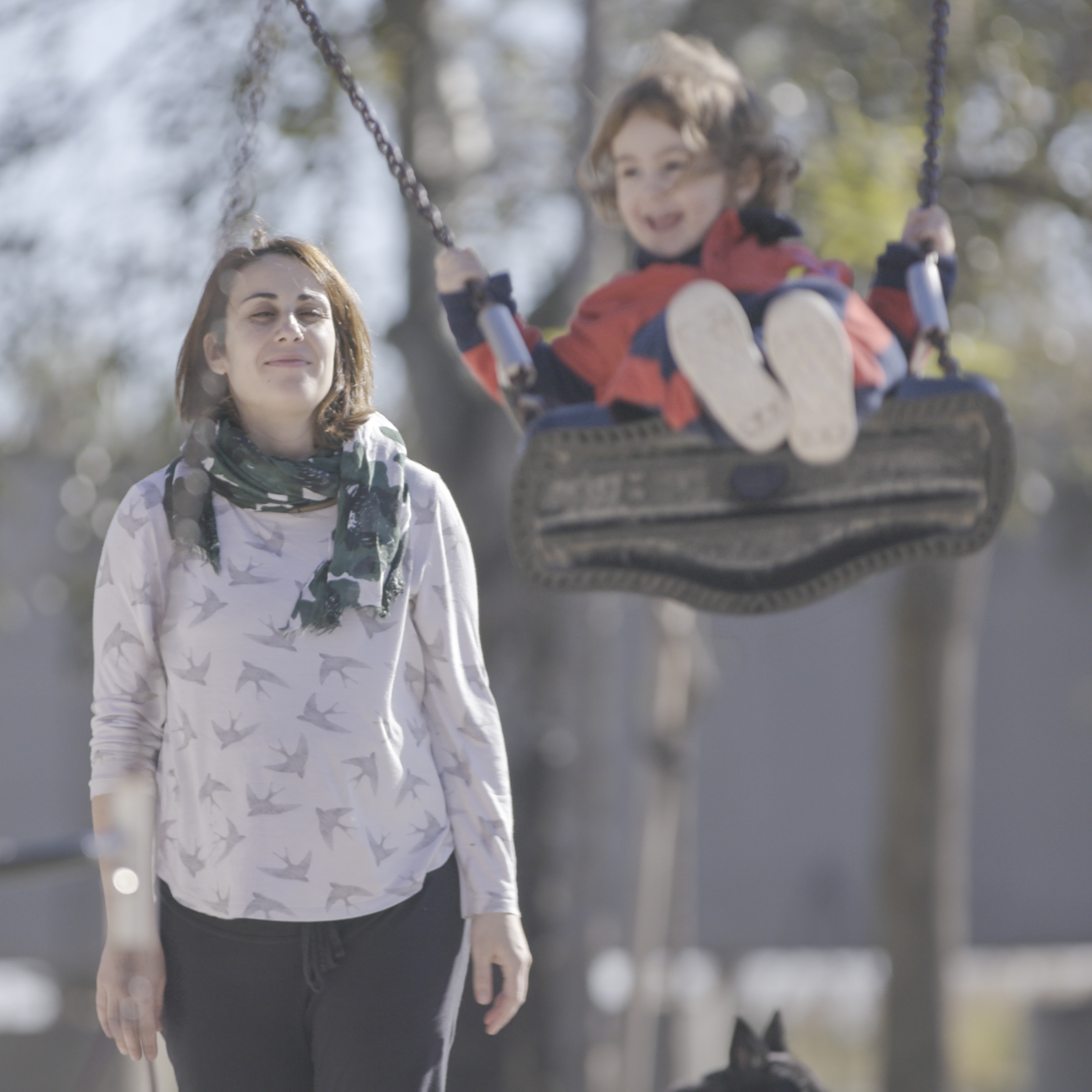
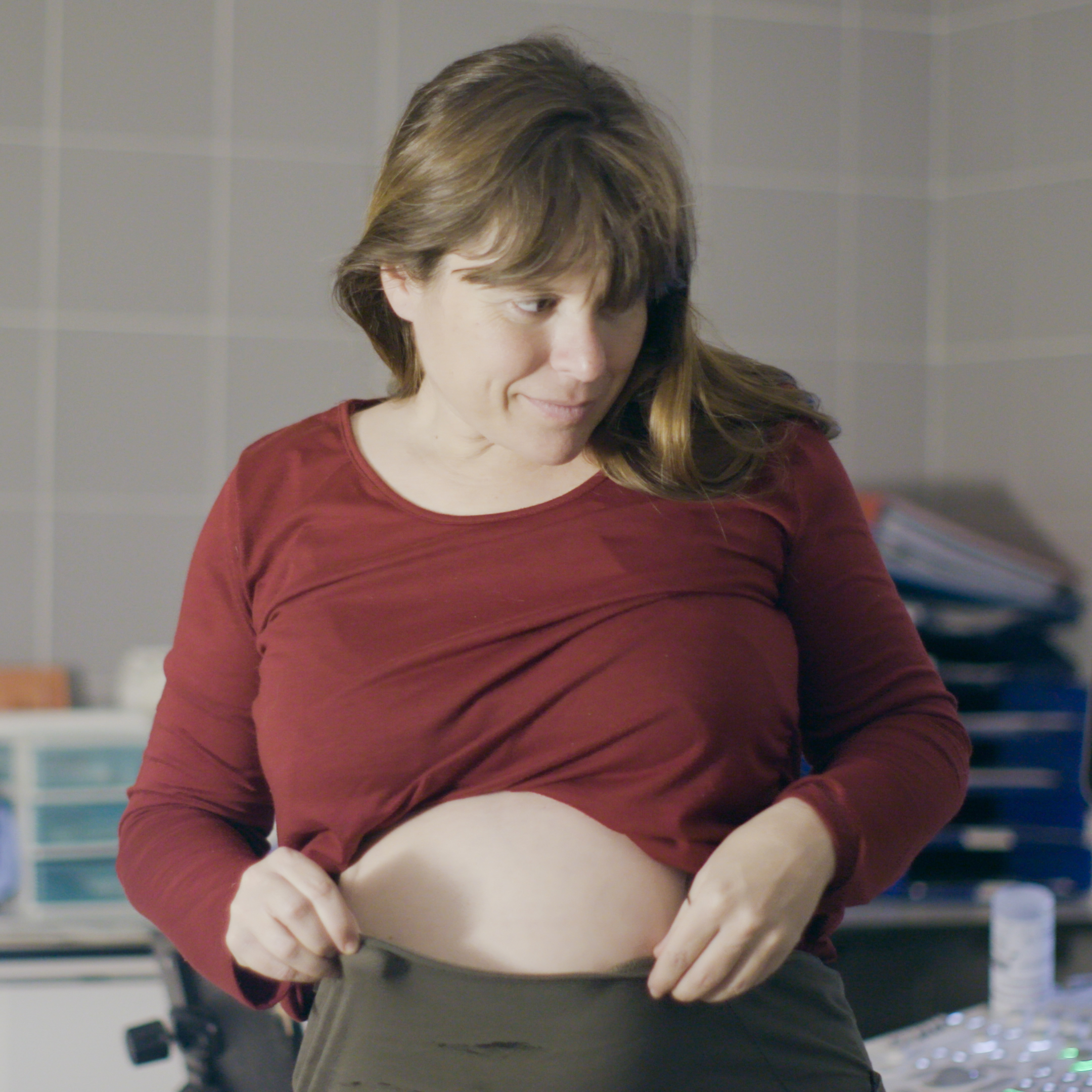
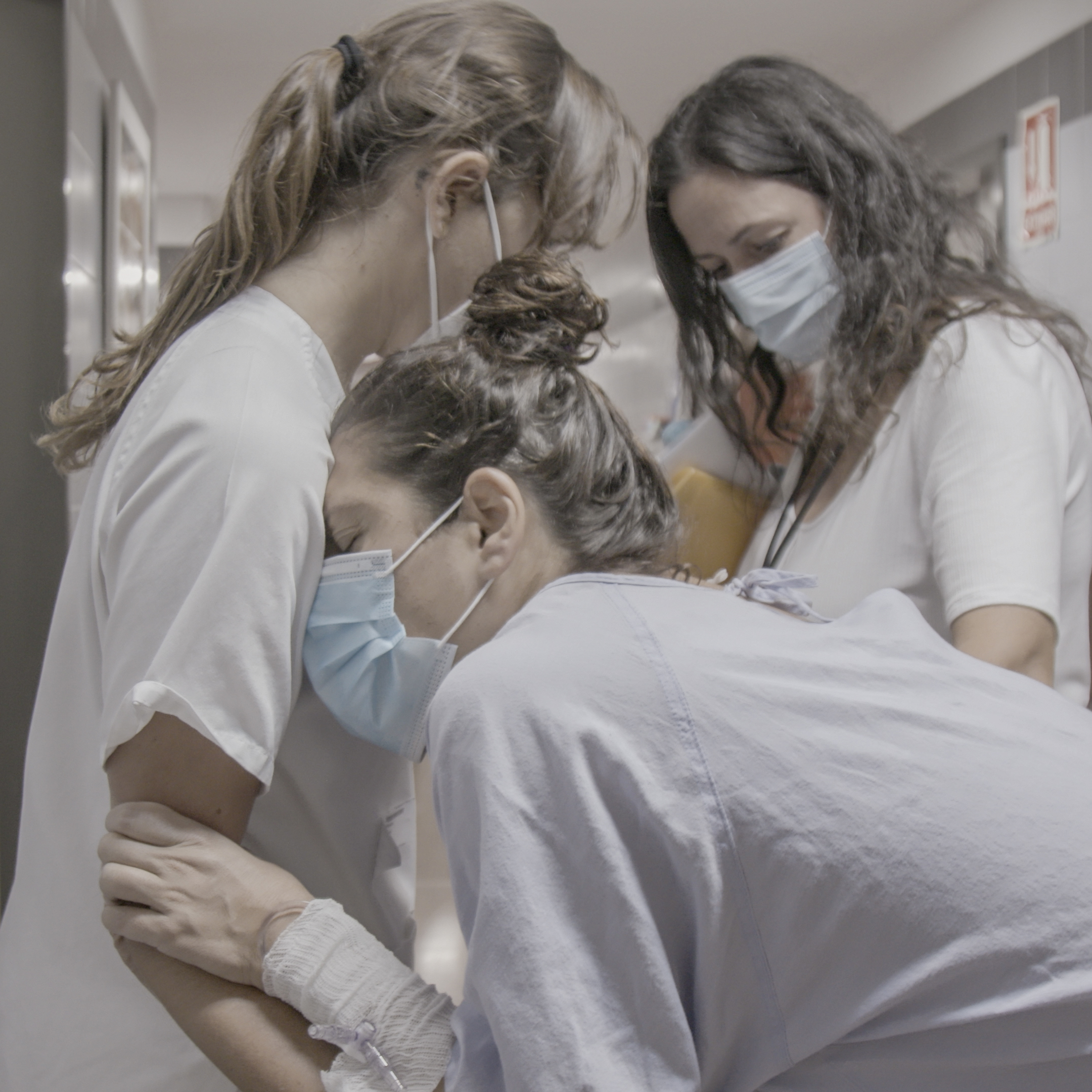
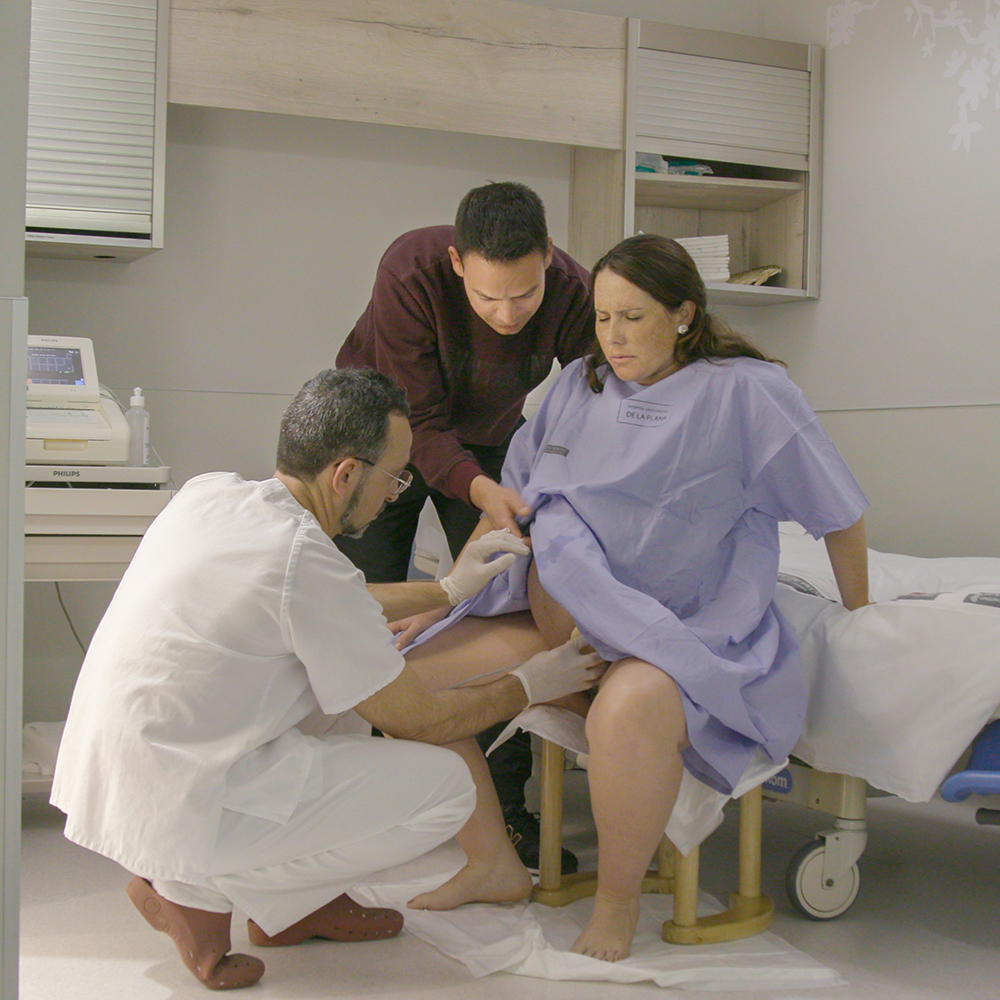
We follow a group of women during their pregnancies and in childbirth in the La Plana hospital. Their experiences allow us to illustrate the impact of midwives' work on their lives. We accompany them during months before the day of delivery, thus providing a deep, intimate profile of them.
The narrative treatment of childbirth also aims to generate sequences where emotions and uncertainties fit. The public will be aware of women’s expectations and fears, and will accompany them from the early stages of the process, from the first contractions until they hold their babies.
timeline
(navigate with the arrows)
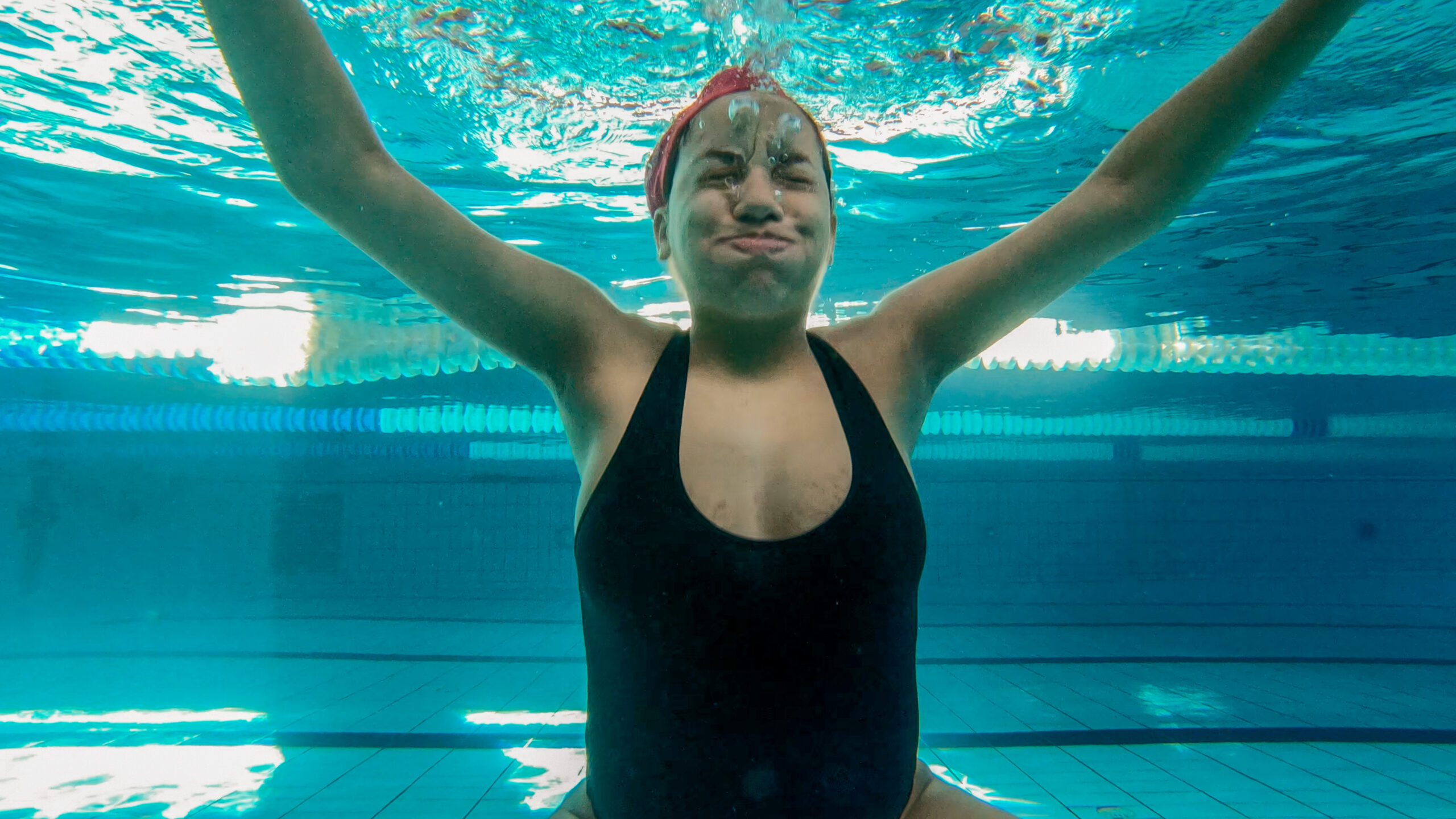
Filming begins
First shootings in prenatal classes
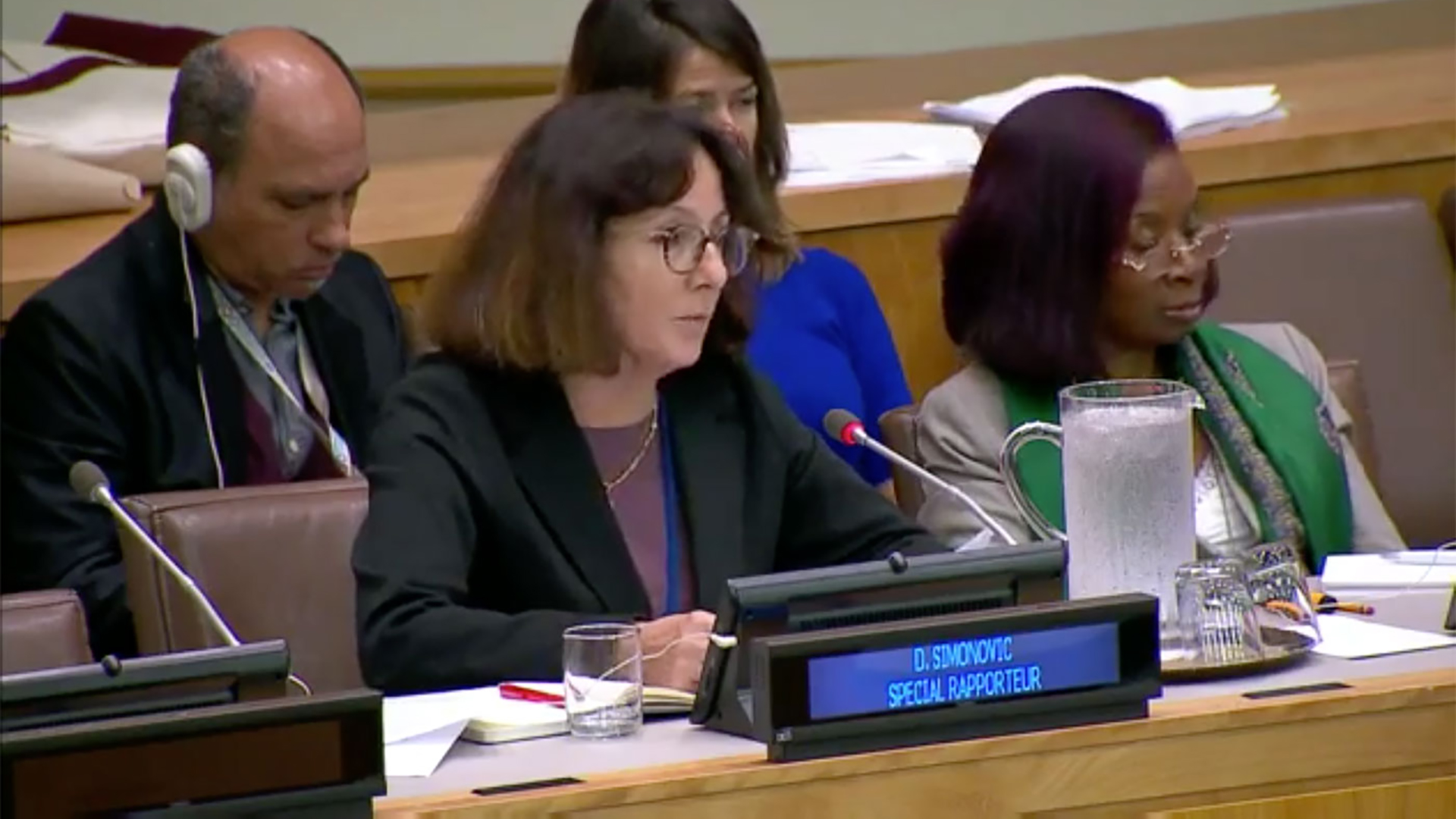
UN report
UN Special Rapporteur presents her report on obstetric violence in the General Assembly
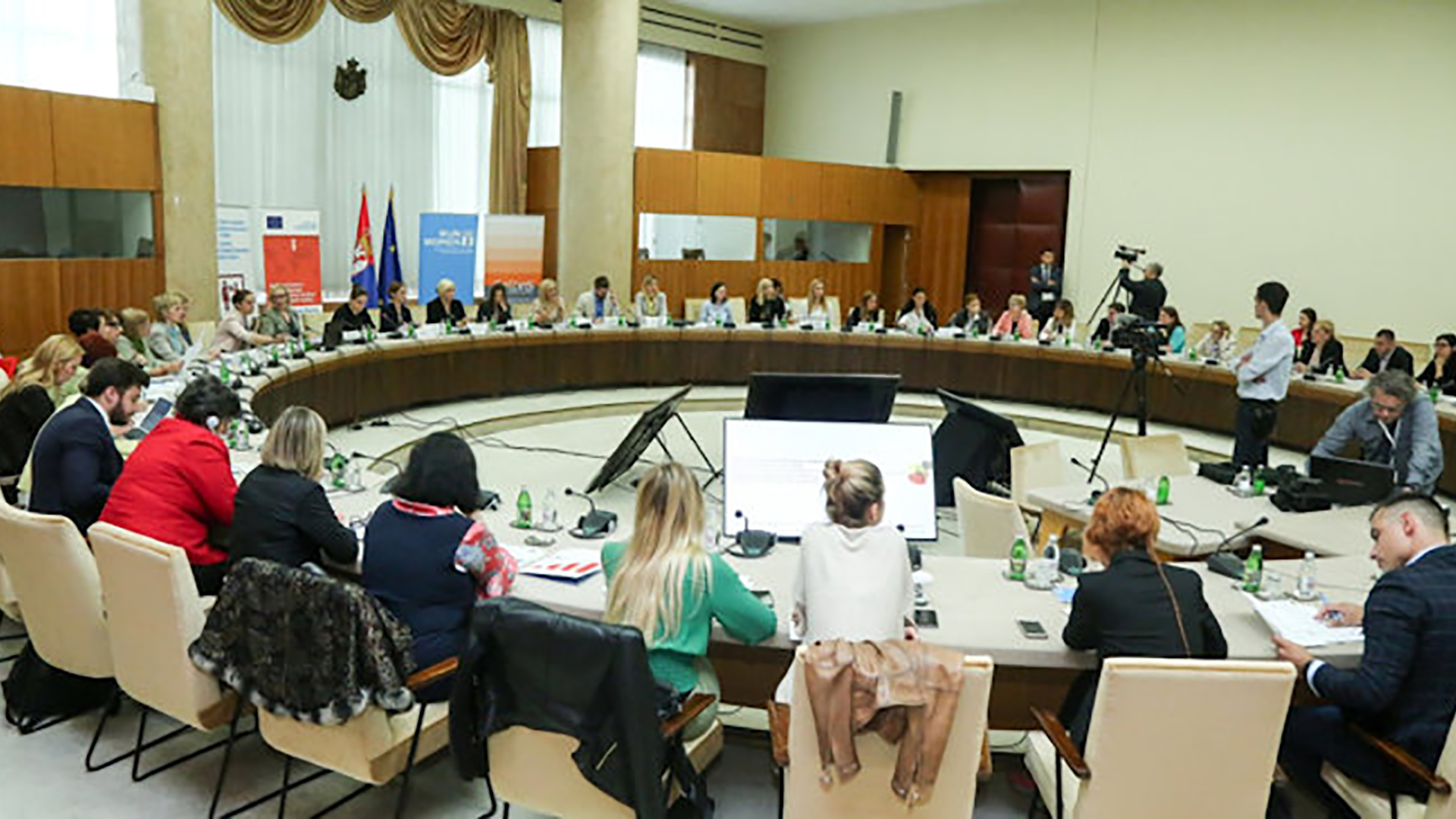
CEDAW decision
The UN CEDAW Committee considers that a woman in Spain was a victim of obstetric violence
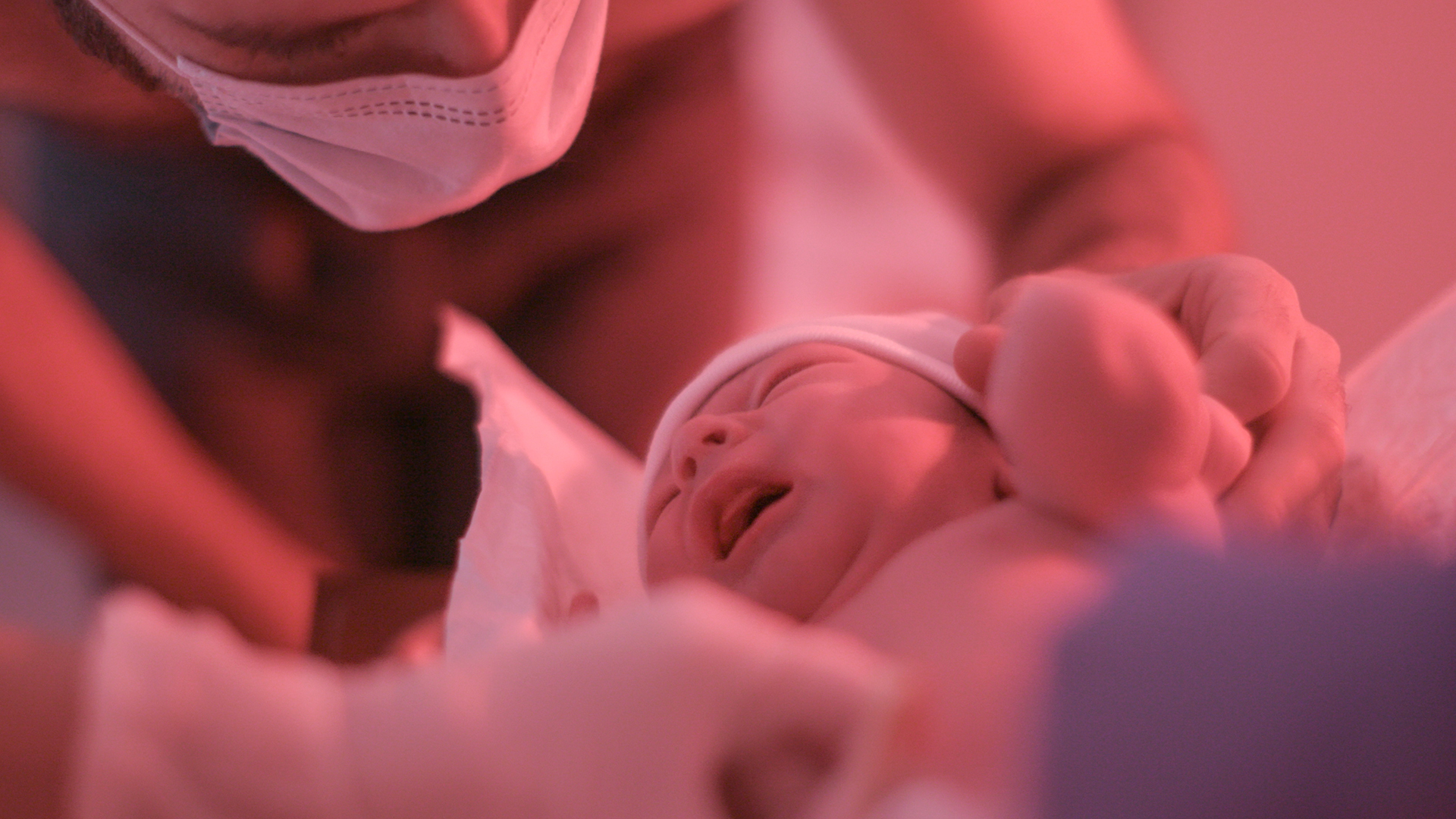
Pandemic
WHO declares global COVID-19 pandemic. Obstetric care suffers dramatic consequences
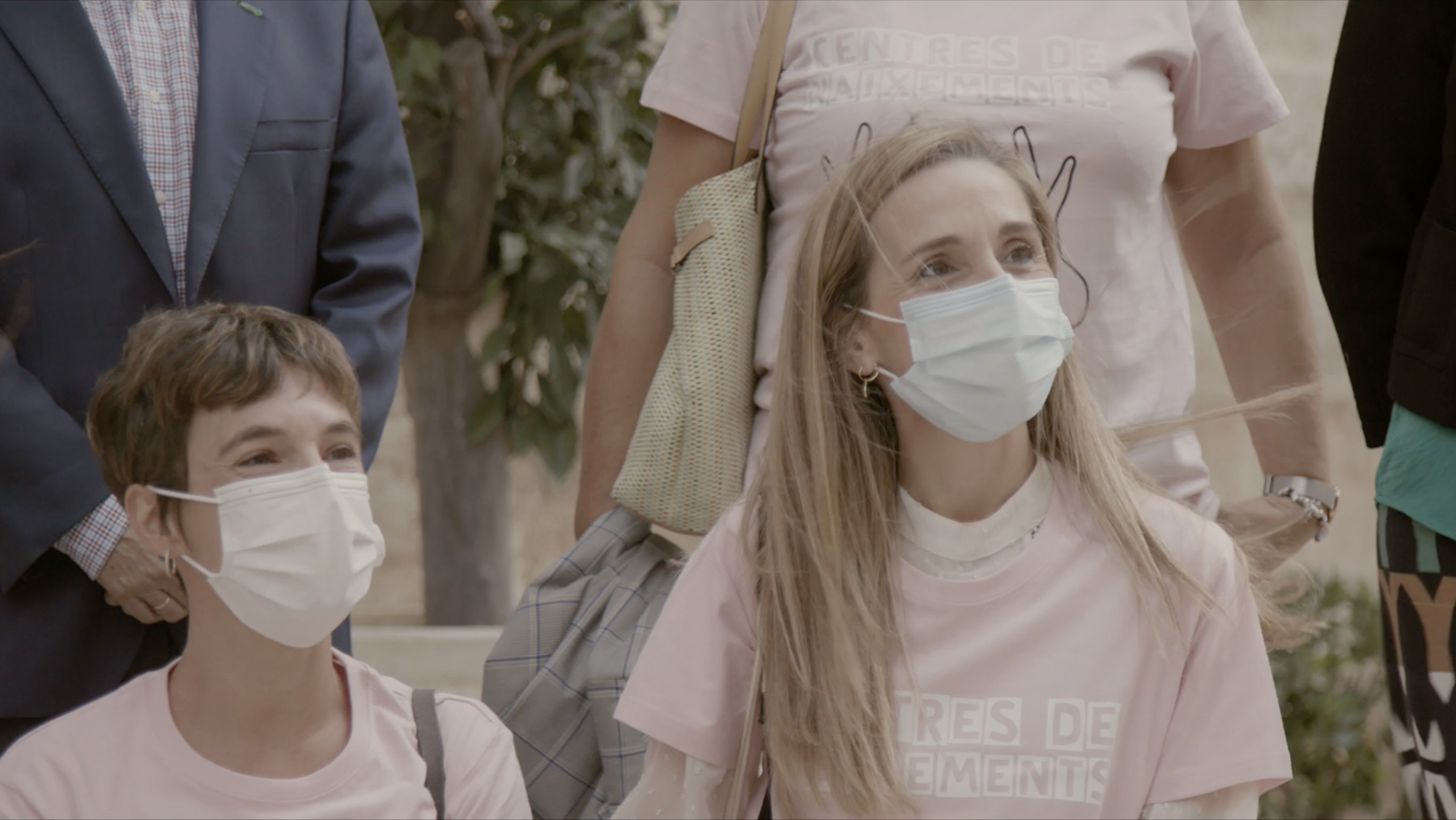
birth centers
Parliament accepts Sole's project to implement birth centers in public health system
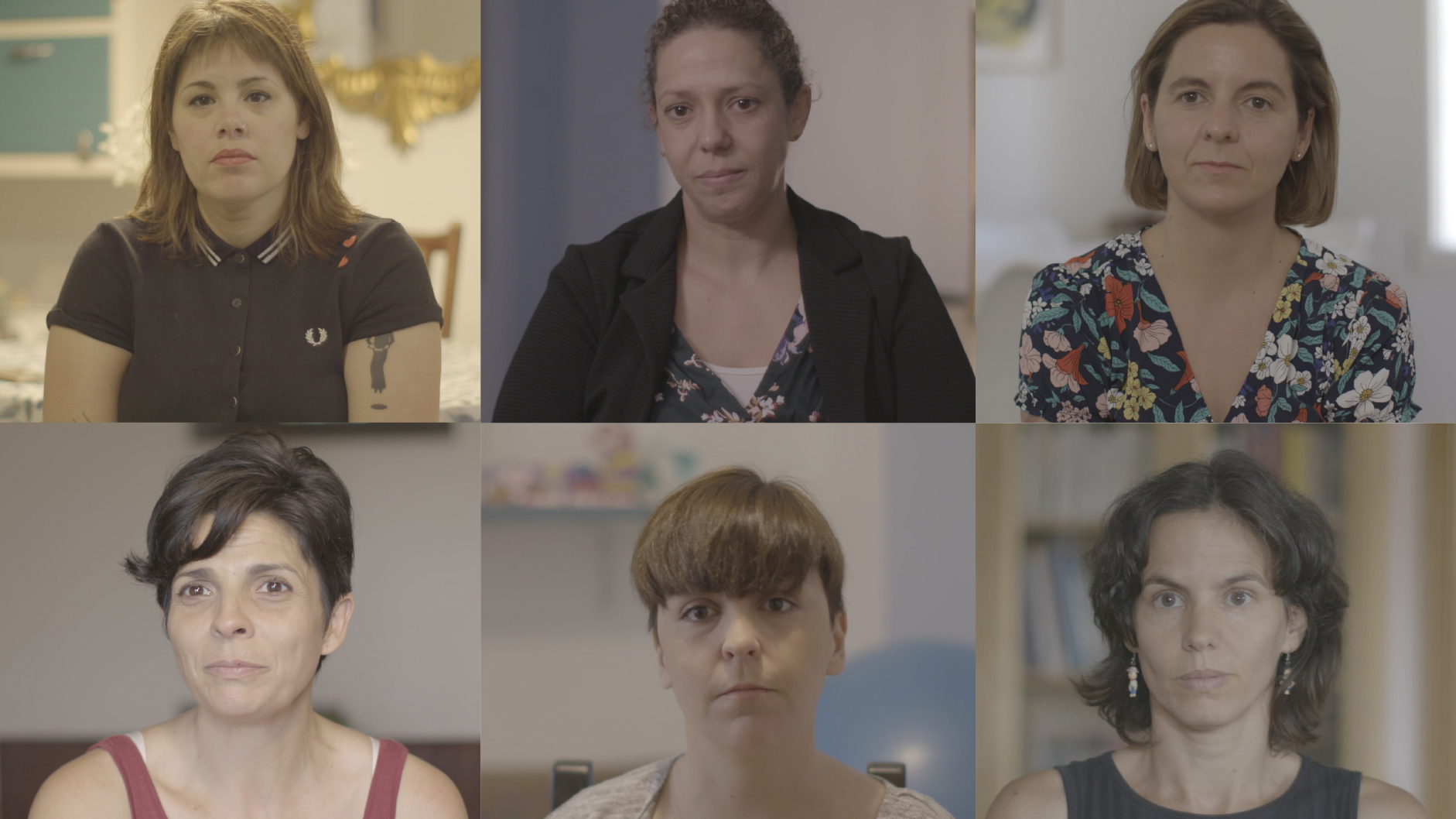
open call
Our open call in social media received 200+ accounts of victims and witnesses of obstetric violence
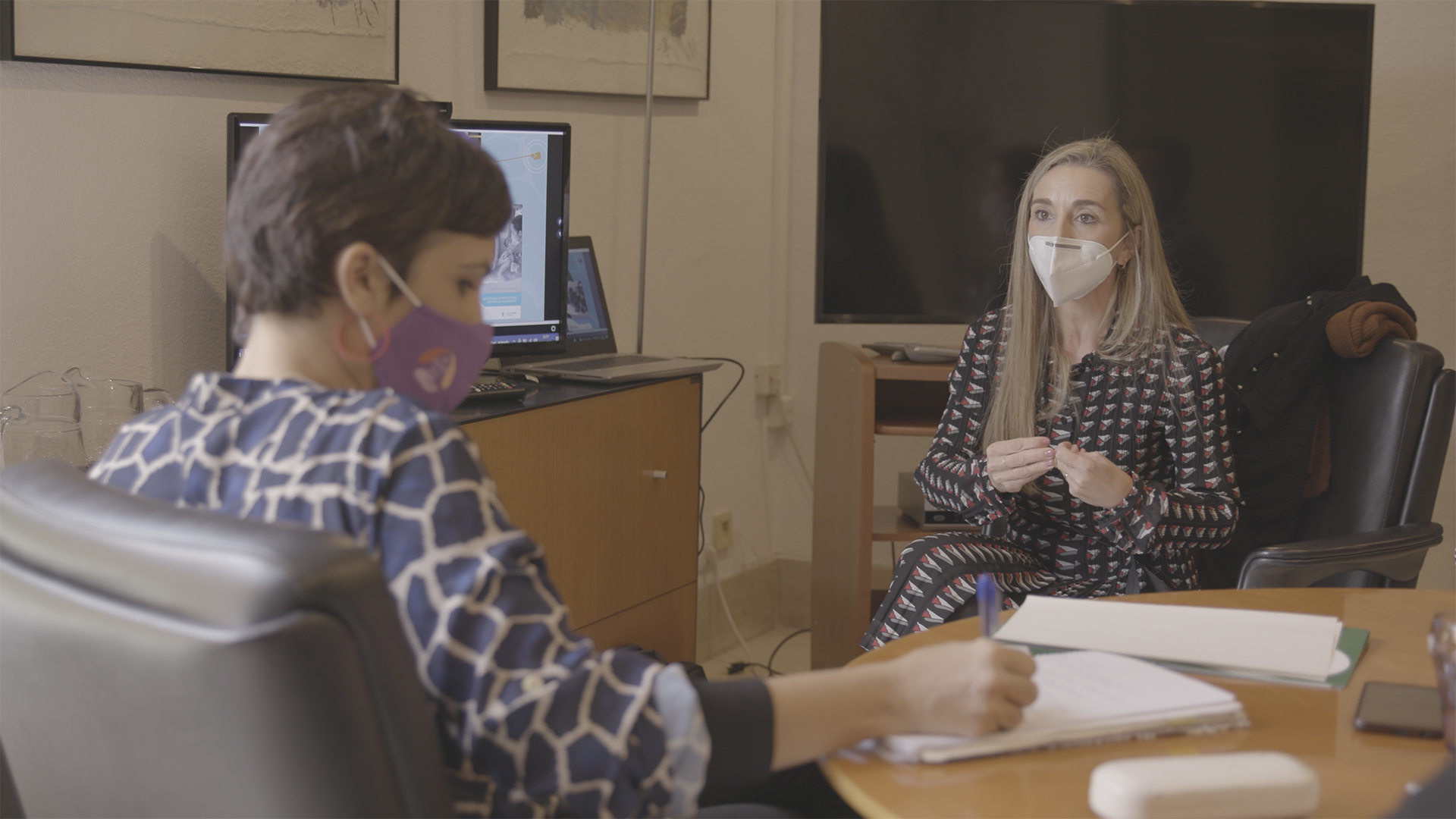
Spanish government responds
The process to create a law against obstetric violence begins
OUR JOURNEY - A TRANSMEDIA PROJECT
In 2019, Birth in the 21st Century was developed as an interactive documentary in collaboration with the RTVE Innovation Lab and the regional public broadcaster. This was our first contribution to the image of how women in labor can and should be treated. It can be watched at www.birth21.com
The webdocumentary is focused on the birth stories of 5 women in La Plana Hospital, Spain. This hospital is internationally recognized as a benchmark in respected childbirth, thanks to the group of professionals who fight every day to protect the rights of women during this process.
When the COVID-19 arrived, hospital protocols changed, and with them, the rights of women during childbirth were reduced due to the restrictions. A historic moment that we were able to document and will include in our film – with several deliveries filmed during the first waves of coronavirus.
In the midst of the research process for the feature film, we began documenting all these women's stories and organically created a podcast, as an open space for women to freely and intimately share their childbirth experiences and obstetric violence cases through only oral testimonies. We collect stories from midwives and specialists in the field on a national and international scope.
These projects, both the webdoc and the podcast, and their strong social media presence are both enriching the research for our documentary feature film, and above all, our goal of creating awareness to achieve respectful childbirth care for women.
Webdocumentary international honors

"an excellent piece of service journalism"
Digital storytelling contest
Outstanding instructive interactive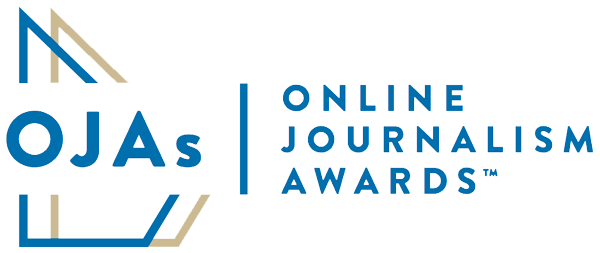
"The video narratives are extremely personal and compelling. An extremely actionable piece of journalism."
Excellence and Innovation in Visual Digital Storytelling
Small Newsroom Winner
"The Oscars of internet"
Jury & audience winner
Best responsive design
"HONOURING THE BEST OF THE EUROPEAN INTERNET"
Silver & audience winner
family & parenting
"the best media productions of the continent"
DIGITAL MEDIA PROJECTS
world press photo
"an excellent piece of service journalism"
Digital storytelling contest
Outstanding instructive interactiveonline journalism awards
"The video narratives are extremely personal and compelling. An extremely actionable piece of journalism."
Excellence and Innovation in Visual Digital Storytelling
Small Newsroom Winnerwebby awards
"The Oscars of internet"
Jury & audience winner
Best responsive designlovie awards
"HONOURING THE BEST OF THE EUROPEAN INTERNET"
Silver & audience winner
family & parentingprix europa
"the best media productions of the continent"
Digital Media Projects
Nominated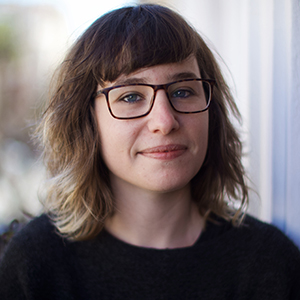
the director: claudia reig
Claudia (1990) is a documentary maker with a degree in Audiovisual Communication from the University of Valencia. Her work as a director covers human rights and social issues. Her film Trans resistance has been shown in LGBTIQ+ film festivals and TV networks around the world. Birth in the 21st Century is her fifth documentary as a director. She is also a producer, camera operator and editor.
Click to watch some previous works (in Spanish):

the director: claudia reig
Claudia (1990) is a documentary maker with a degree in Audiovisual Communication from the University of Valencia. Her work as a director covers human rights and social issues. Her film Trans resistance has been shown in LGBTIQ+ film festivals and TV networks around the world. Birth in the 21st Century is her fifth documentary as a director. She is also a producer, camera operator and editor.
Click to watch some previous works (in Spanish):
the production company
Barret Cooperativa, founded in 2008 in València (Spain) specializes in a character-driven approach to stories. Our work focuses on transmedia documentaries that aim to engage the audience in the building of communities, collective works and social change.
the co-producer
Radiotelevisión Española (RTVE), is the Spanish public radio and television service.
The film has the support of the Valencian Institute of Culture, an institution belonging to the regional government.
the production company
Barret Cooperativa, founded in 2008 in València (Spain) specializes in a character-driven approach to stories. Our work focuses on transmedia documentaries that aim to engage the audience in the building of communities, collective works and social change.
the co-producer
Radiotelevisión Española (RTVE), is the Spanish public radio and television service.
The film has the support of the Valencian Institute of Culture, an institution belonging to the regional government.

